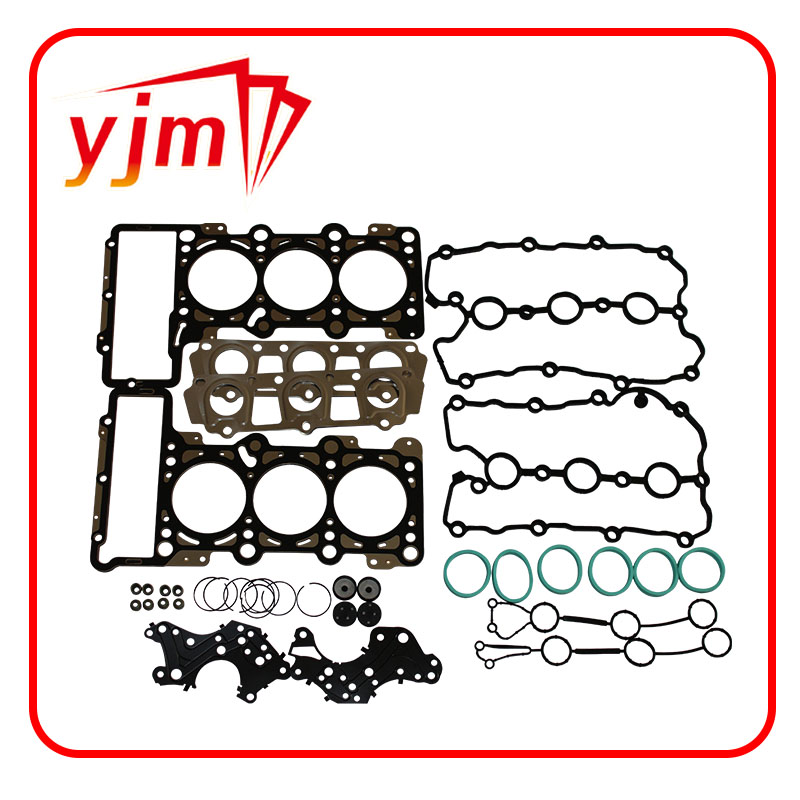diff pinion seal
Understanding Differentials and the Importance of Pinion Seals
In the complex world of automotive engineering, differentials play a critical role in ensuring smooth and efficient vehicle operation. They allow the wheels to turn at different speeds, particularly when negotiating turns, thus improving stability and handling. However, like all mechanical components, differentials require maintenance and care. One key element within this system is the pinion seal, which is often overlooked but is essential for the longevity and performance of your vehicle’s differential.
What is a Pinion Seal?
A pinion seal is a crucial component that prevents differential fluid from leaking out of the pinion shaft housing. It is located at the point where the driveshaft connects to the differential. The seal is designed to withstand significant pressure and heat while providing a barrier against contaminants such as dirt and water that could potentially harm the differential.
Why is the Pinion Seal Important?
The importance of the pinion seal cannot be overstated. A worn or damaged pinion seal can lead to significant issues, primarily fluid leaks. If differential fluid leaks out, it can severely affect the differential's lubrication, leading to increased friction, overheating, and eventually, catastrophic failure of the differential gears. This can result in expensive repairs and possibly leave you stranded.
Furthermore, the differential fluid also helps in keeping the internal components cool, and insufficient lubrication can lead to premature wear. This is why regular inspections of the pinion seal are important in routine vehicle maintenance.
Signs of a Failing Pinion Seal
Recognizing the signs of a failing pinion seal early can save vehicle owners significant time and money. Common indicators include
diff pinion seal

1. Fluid Leaks A visible leakage of differential fluid under the vehicle is a strong signal of a failing pinion seal. The fluid is typically a thick, viscous oil that can accumulate on the driveway or garage floor.
2. Unusual Noises If you hear grinding or whining noises coming from the differential while driving, it could indicate that the gears are not properly lubricated due to a leak around the pinion seal.
3. Vibration A failing pinion seal may cause vibrations in the driveshaft, which can be felt in the cabin, indicating a potential problem with the differential.
Maintenance Tips
To prevent problems with the pinion seal and differential, regular maintenance is essential. This includes
- Regular Fluid Changes Keeping your differential fluid fresh can prevent excessive wear on components like the pinion seal. - Routine Inspections During regular vehicle maintenance, have a professional inspect the pinion seal as well as the differential for any signs of wear or damage.
- Timely Replacement If you notice any signs of failing, it's crucial to replace the pinion seal promptly to avoid more extensive repairs down the road.
In summary, the pinion seal may be a small component, but its role in the differential system is significant. Proper maintenance and early detection of potential issues can ensure the smooth operation of your vehicle, extending its lifespan and improving safety on the road. Understanding this small yet important part can lead to better vehicle performance and reliability.
-
The Ultimate Guide to Boat Propeller Bearings and Trailer Wheel Bearings
News Jul.31,2025
-
The Essential Guide to Marine Bearings and Boat Trailer Wheel Bearings
News Jul.31,2025
-
The Complete Guide to Heavy Duty Seals: Protecting Doors and Spaces Efficiently
News Jul.31,2025
-
Essential Guide to Marine Shaft Bearings and Boat Trailer Axle Bearings
News Jul.31,2025
-
Comprehensive Guide to Marine and Trailer Bearings for Safe Boating and Transport
News Jul.31,2025
-
Comprehensive Guide to Automotive Oil Seals: Protecting Your Engine and Shafts
News Jul.31,2025
-
Understanding Automotive Oil Seals: Essential Components for Engine and Shaft Protection
News Jul.30,2025
Products categories















